25+ Sample IT Business Plan
-

IT Business Marketing Plan
download now -

IT Support Business Plan
download now -

IT Startup Business Plan
download now -

IT Consulting Business Plan
download now -

IT Security Business Plan
download now -
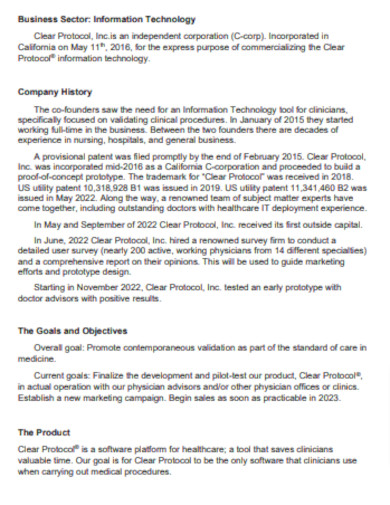
IT Business Market Plan
download now -
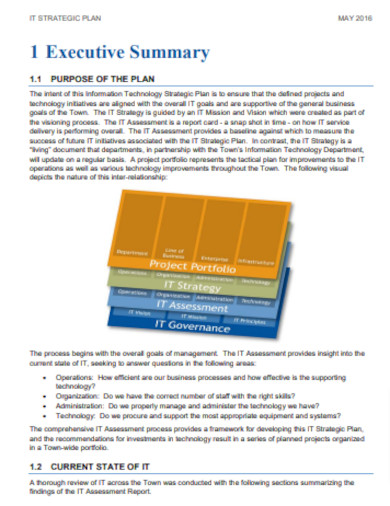
IT Business Strategic Plan
download now -
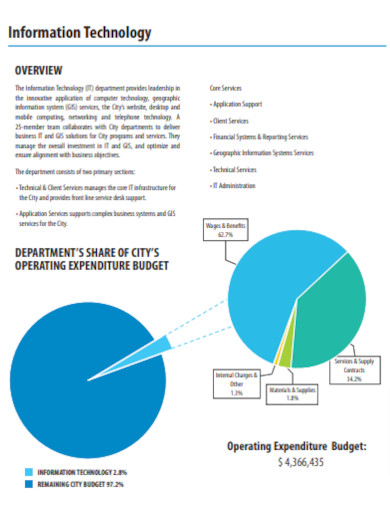
IT Business Proposal Plan
download now -
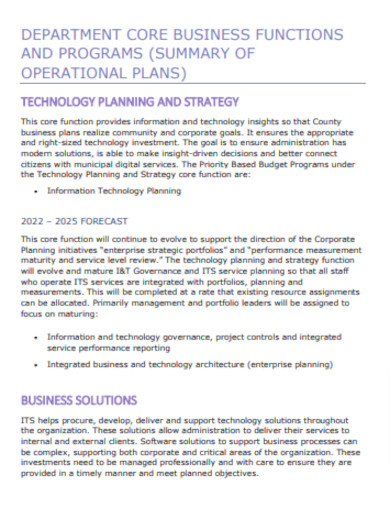
IT Business Project Plan
download now -

Simple IT Business Plan
download now -
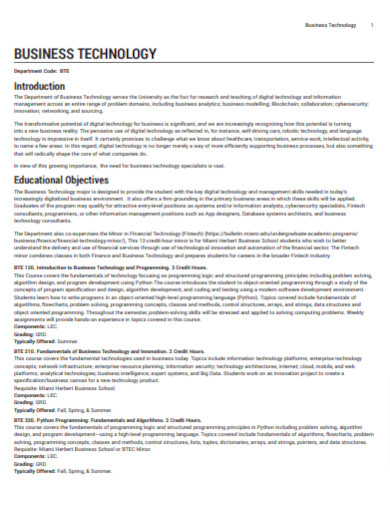
IT Business Plan Outline
download now -
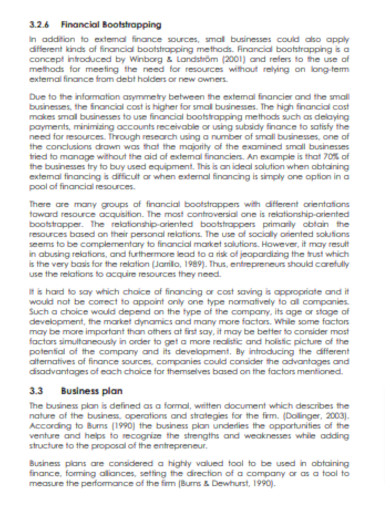
Sample IT Business Plan
download now -
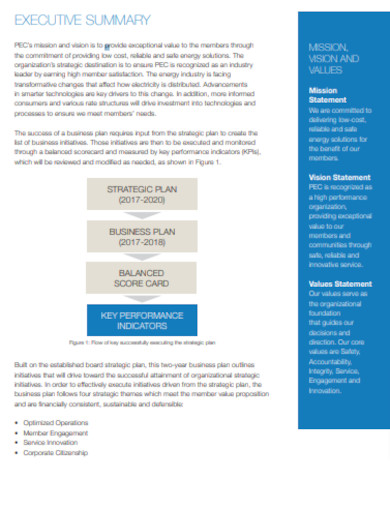
IT Business Summary Plan
download now -
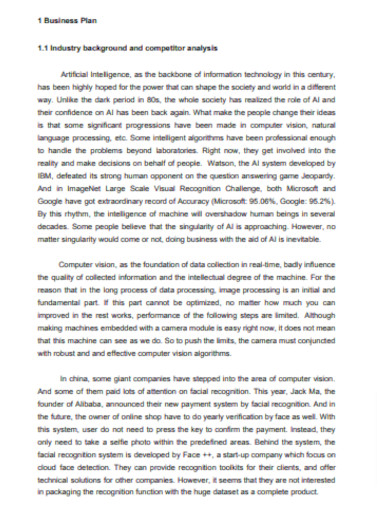
IT Business Plan Layout
download now -
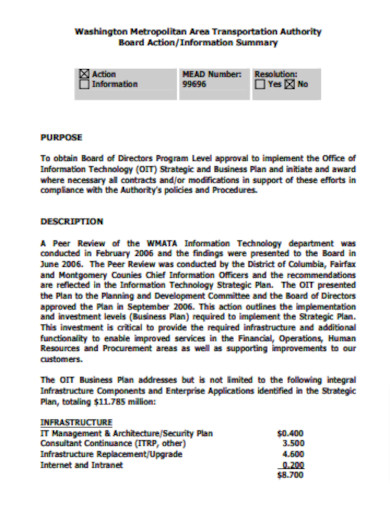
Printable IT Business Plan
download now -
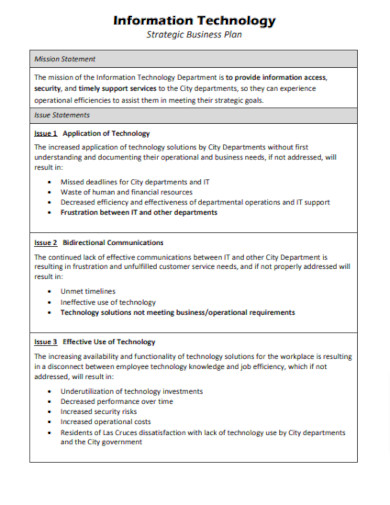
IT Business Plan Format
download now -

IT Business Budget Plan
download now -
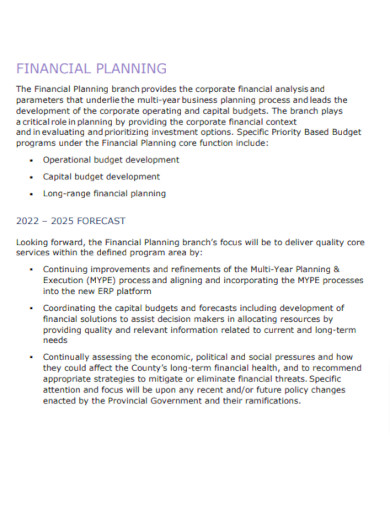
IT Business Financial Plan
download now -
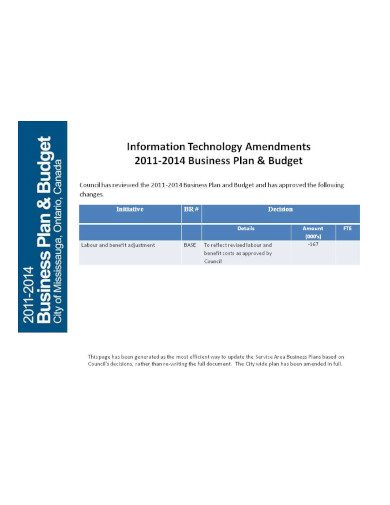
IT Business Approved Plan
download now -
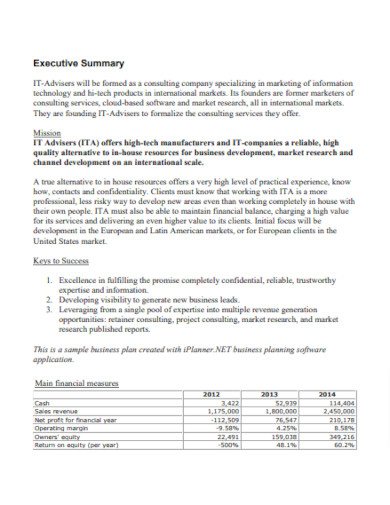
IT Business Executive Plan
download now -
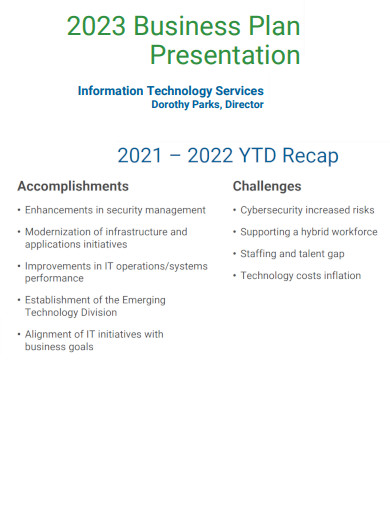
IT Business Plan Presentation
download now -
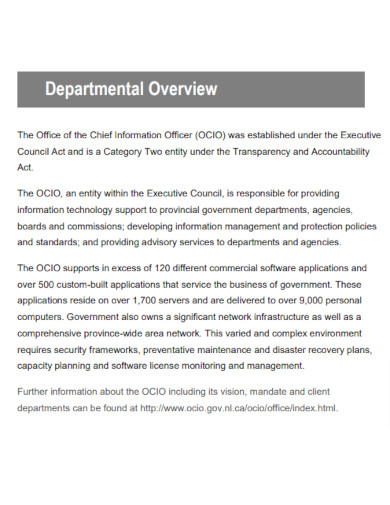
Professional IT Business Plan
download now -
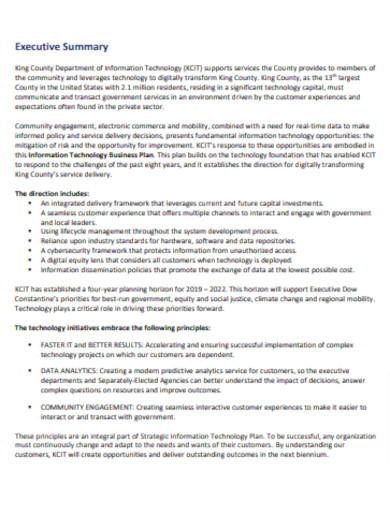
IT Business Final Plan
download now -
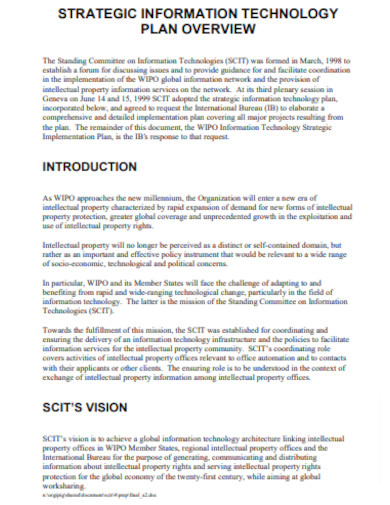
IT Business Strategic Implementation Plan
download now -
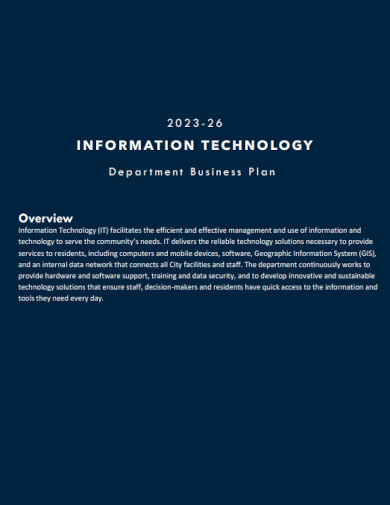
IT Business Department Plan
download now -
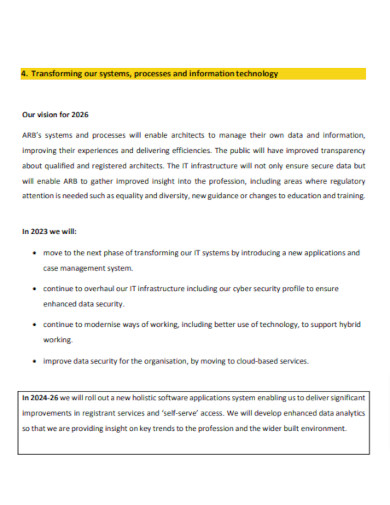
IT Business Plan in PDF
download now
FREE IT Business Plan s to Download
25+ Sample IT Business Plan
Understanding the Business Context
Market Analysis
Designing the IT Infrastructure
Project Management
Human Resources and Team Formation
Budgeting and Financial Projections
Risk Management
Operational Strategy
Marketing and Outreach
Legal and Compliance Aspects
Sustainability in IT
Evaluating Success Metrics
Feedback Mechanism
Why is an IT business plan important?
How often should I update my IT business plan?
How do I assess market trends for my IT business plan?
Can I use an IT business plan for investor pitches?
Is an exit strategy necessary for my IT business plan?
Understanding the Business Context
- Importance of a Clear Vision: A cohesive vision is the rudder that steers the organizational ship, ensuring alignment and purpose in all endeavors.
- Defining Objectives and Scope: Tangible, measurable objectives serve as milestones, ensuring that businesses stay on track and make effective use of resources.
Market Analysis
- Assessing Current IT Trends: Staying abreast of evolving trends ensures that businesses remain relevant and proactive in addressing market needs.
- Identifying Market Gaps: Pinpointing unmet needs and market inefficiencies can unveil lucrative opportunities.
- Competitor Analysis: Understanding competitors’ strengths and weaknesses helps in carving out a distinctive market position.
Designing the IT Infrastructure
- Hardware and Software Considerations: Infrastructure underpins IT operations report. Choosing the right tools and platforms is pivotal for efficiency and scalability.
- Cloud versus On-Premises Decision-making: Both modalities have their merits. The decision hinges on factors like cost, control, and business size.
Project Management
- Selecting the Right Methodologies: Whether it’s Agile, Waterfall, or Scrum, the chosen methodology should resonate with the team’s workflow and the project’s complexity.
- Importance of Regular Monitoring: Periodic checks ensure that projects remain on track, preempting potential derailments
Human Resources and Team Formation
- Identifying Key Roles: A clear delineation of roles ensures seamless operations and accountability.
- Skillsets and Training: Continual upskilling keeps the team adept and attuned to the latest industry standards.
Budgeting and Financial Projections
- Cost Estimation Techniques: Accurate budgeting preempts financial pitfalls, ensuring the business’s sustainability and profitability.
- Return on Investment (ROI) Analysis: This metric gauges the efficacy of investments, guiding decisions and ensuring that funds yield optimal returns.
Risk Management
- Identifying Potential Threats: Foreseeing challenges allows businesses to preemptively devise countermeasures.
- Mitigation Strategies: From cybersecurity threats to market fluctuations, having a mitigation strategy in place ensures business continuity.
Operational Strategy
- Day-to-Day Management: Efficient daily operations are the linchpin of a successful IT business.
- Maintenance and Upgrades: Regular system checks and updates ensure optimal performance and security.
Marketing and Outreach
- Building Brand Identity in IT: A robust brand identity differentiates businesses in a crowded market.
- Strategies for Customer Acquisition: Effective marketing strategies attract potential clients and foster long-term relationships.
Legal and Compliance Aspects
- Navigating IT Regulations: Adherence to legal mandates ensures that businesses remain compliant and sidestep potential legal quagmires.
- Data Privacy Considerations: With data breaches becoming prevalent, safeguarding client information is paramount.
Sustainability in IT
- Environmental Concerns: Green IT practices not only benefit the environment but also enhance a firm’s image.
- Long-Term Viability: Sustainable practices ensure that businesses remain viable and resilient in the long run.
Evaluating Success Metrics
- Key Performance Indicators (KPIs): These quantifiable metrics offer insights into a business’s performance, illuminating areas of improvement.
- Periodic Review and Revisions: Regular audits ensure that the business plan remains relevant and effective.
Feedback Mechanism
- Customer Feedback: Constructive feedback is invaluable in refining offerings and enhancing customer satisfaction.
- Continuous Improvement: A commitment to perpetual betterment ensures business evolution and growth.
Why is an IT business plan important?
An IT business plan provides a roadmap for the company’s future, ensuring that all efforts align with the firm’s overarching goals. It aids in securing funding, navigating challenges, identifying opportunities, and serving as a benchmark to measure progress and success.
How often should I update my IT business plan?
Given the dynamic nature of the IT industry, it’s advisable to review your business plan at least annually. However, significant market shifts, technological advancements, or internal business changes may necessitate more frequent updates.
How do I assess market trends for my IT business plan?
Engage in comprehensive research, including industry reports, technological publications, and competitor analysis. Additionally, attending IT conferences, webinars, and workshops can offer insights into emerging trends and technologies.
Can I use an IT business plan for investor pitches?
Yes, an IT business plan is an essential tool for investor pitches. It provides potential investors with a comprehensive overview of your business’s objectives, strategies, financial projections, and market position, substantiating the viability and potential of your venture.
Is an exit strategy necessary for my IT business plan?
While it may seem counterintuitive when starting or running a business, having an exit strategy is prudent. It ensures a planned approach in scenarios such as selling the business, merging, or even winding down operations, safeguarding stakeholders’ interests.
Crafting a strong IT business plan requires a combination of industry knowledge, forward-thinking, and flexibility. As the IT industry continues to evolve, your business plan should also evolve, keeping your enterprise at the forefront of innovation and success.
